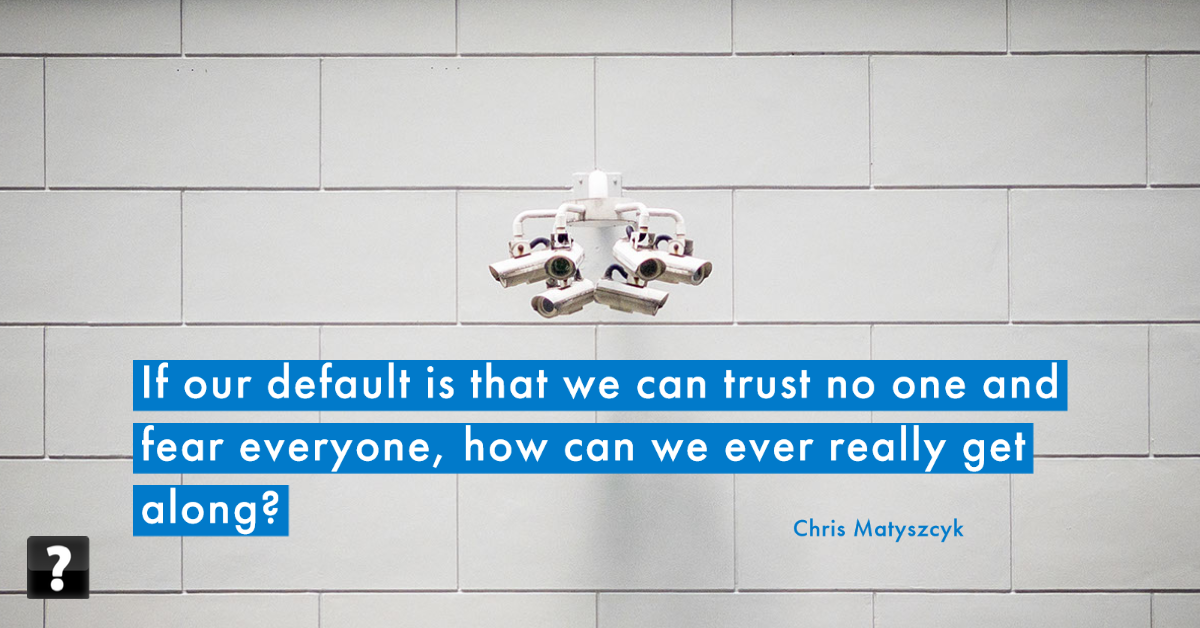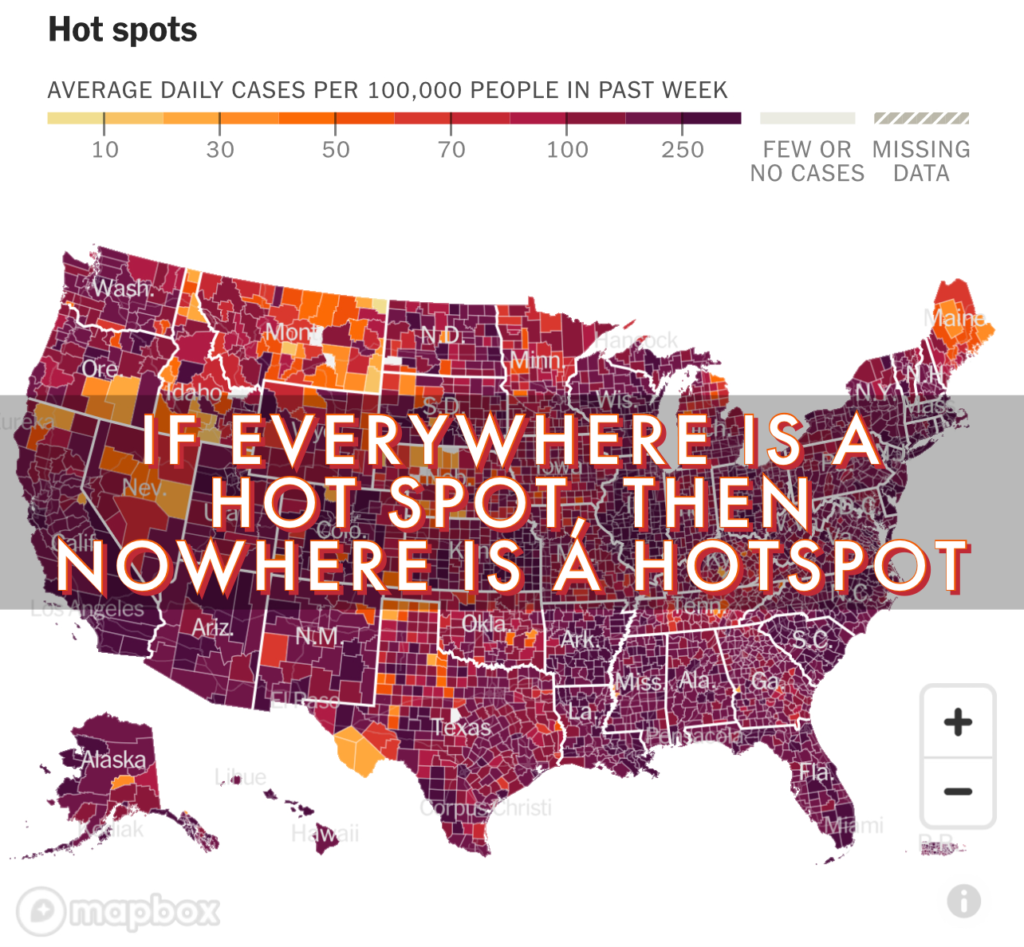The other day Richard Geib, who’s website musings I have followed for the past two decades [confusion.cc], posted a new blog entry: My Jane Austen Problem [rjgeib.com]. Before diving into Jane Austen specifically Mr. Geib recounts a period of time in college when he had a voracious appetite for all the famous literature I had heard about but never read. I would read anything and everything I could get my hands on.
The insatiable desire to read, during college, is something I can relate to, along with the fact the Mr. Geib was not a literature student, he was reading out of love for reading.
I never had a late night boring desk attendant job like Mr. Geib but I was nevertheless a voracious reader during college, with the mindset of “so many books, so little time”. I was never a fast reader but I read whenever I could. In and around my college days I devoured a lot of time to literature. I read Dostoevsky [wikipedia.org], Sartre [wikipedia.org], Nabokov [wikipedia.org], Mann [wikipedia.org], Camus [wikipedia.org], Eco [wikipedia.org], Rushdie [wikipedia.org], Marques [wikipedia.org] and more. Reading was my escape from classes, homework and work. I even forced myself to finish James Joyce Ulysses, a book I disliked almost from beginning to end, every critic sings it praises It must be great, right?
As with Mr. Geib my reading slowed considerably in the years after college. Work and, later, family inevitably reduced my reading time. I also struggled for a while in Singapore because there were only a few bookstores and books were much more expensive, to say nothing about having little room to store books. Eventually I move to reading mostly ebooks. I agonized over culling my physical book collections several times, it’s down to only the favorites or those that I have some sentimental attachment to.
Despite all that I have managed to work my way through many of the novels of Hemingway [wikipedia.org], Faulkner [wikipedia.org], Murakami [wikipedia.org], Cormac McCarthy [wikipedia.org], Truman Capote [wikipedia.org] and I even read Cervantes [wikipedia.org]’ Don Quixote [goodreads.com] for it’s 500th birthday. Over the past few years I’ve been reading short stories: the complete shores stores of, the complete collections of Chekov [wikipedia.org], Turgenev [wikipedia.org], Flannary O’Conner [wikipedia.org], and the short story side of Nabokov and Hemingway. As well as select works of more authors.
That’s a lot of big, famous names, and the list of yet-to-be-read is infinitely longer. I’m listing these names not as a brag but to provide a counterpoint to other books… Because, one thing those names all have in common is they are all Literature in the sense that excludes most genre fiction [wikipedia.org] (a term I just learned from looking for the opposite of big-L Literature); sci-fi and fantasy and horror as well as comics and manga. Things that stuffy old Columbia Literature Professors would look down on.
Why do I read so much Literature?
First, a bit of history, I was not always so, I started my reading journey firmly in genre fiction. Specifically in fantasy. Way back in the fifth grade, in Ms. Venning’s class, where I read The Hobbit [goodreads.com]. I liked The Hobbit and I got a copy of The Lord of the Rings [goodreads.com] shortly after we finished it. After a couple of false starts on LOTR I revisited it in sixth grade because I had an hour long bus ride in the morning and afternoon and reading became my escape. Since first finishing LOTR when I was 12 it has never not been my favorite book and I have re-read it almost every year since.
Like the dwarves of Moria I dug deep into middle earth. A few years later I read The Silmarillion [goodreads.com] and the entire History of Middle Earth series released by Christopher Tolkien. Fantasy was my thing in middle school and high school. At the same time I read LOTR I discovered Dungeons & Dragons (thanks to the Boy Scouts and being snowed in on a trip to Fort Eustis) and I got sucked into the new TSR Forgotten Realms novels that came out around that time.
Sci-fi and fantasy ran in the family. My dad was a big sci-fi and fantasy reader (and comics reader), we had a library full of Isaac Azimov [wikipedia.org], Sir Arthur C. Clarke [wikipedia.org], Edgar Rice Burroughs [wikipedia.org], David Eddings [wikipedia.org], Robert Jordan [wikipedia.org], Mercedes Lackey [wikipedia.org] and many others. Shelves full of Star Trek novels, X-Men comics, Spider-Man, and so many more. So, sci-fi and fantasy were ‘normal’ for me I guess.
Like most American teenagers I had to read a lot of famous literature in school. And like most others I knew it was read-and-forget after the test. A few books stand out, I remember reading Where the Red Fern Grows [goodreads.com] and To Kill a Mockingbird [goodreads.com] as books I, grudgingly enjoyed. But for the most part I had not time for anything but my fantasy books.
That changed in the spring of my senior year of high school. I’m not sure why exactly, but I was home for an extended period recovering from Mono, I had almost a month laying around the house with little energy and for some reason I picked up and read the complete Shakespeare… A onion paper used copy I got from a shop in the basement of The Hardware Store on the downtown mall in Charlottesville (there I got a lot of used books, including the History of Middle Earth series). I don’t even remember why I had this book other than it was a massive leather bound red book that looked cool on the book shelf.
Maybe it was because Shakespeare was in the air that year. The senior class put on Macbeth as a school play that fall and many of my friends where in or involved in the production. We read Hamlet in my senior English class. Of course we had read Romeo and Juliet earlier in high school but more importantly Baz Luhrmann’s Romeo + Juliet [imdb.com] came out that year too. And I watched Kenneth Branagh’s Othello [imdb.com] movie with a bunch of my drama-room and coffee shop friends that year too.
Whatever the reason I had an epiphany reading Shakespeare. At some point when you read a lot of Shakespeare you get into a groove and you can really read him, it flows and you don’t need to think about the verse, you don’t need to read and re-read the same passages over and over to understand, it just works.
Shakespeare was my first taste of literature for pleasure and it set the stage. But there was a second incident that triggered my pivot away from fantasy. This was more about the literature of “the western canon” being the basis of so much. And all these references and influences in popular culture going over my head. Someone pointed this out on a car ride back from a Rage Against the Machine concert where Rage played a song I’d never heard: The Ghost of Tom Joad. Long story short: I didn’t know who Tom Joad was, despite having, supposedly, read The Grapes of Wrath [goodreads.com] a few years before in school. But as with most books that were part the curriculum it went in one ear and out the other… At some point these incidents triggered a shift away from fantasy to “literature”, what else had I missed?
A lot, but set that aside there is too much to go into the myriad retellings of different forms, the quotes, the nods, the rebellions against. But beyond all that there is a reason that people are referencing these books all the time: They are good, many of them are great. Crime and Punishment [goodreads.com], The Age of Reason [goodreads.com] and Invisible Man [goodreads.com] are, just behind The Lord of the Rings my favorite books today.
So I spent more then 10 years reading almost exclusively big-L Literature. I never completely left fantasy and sci-fi, I continued my annual tradition of reading The Lord of the Rings and regular re-readings of Dune [goodreads.com]. But I was working my way through such a backlog of great books and authors.
And then at some point I came back around to a more balanced diet mixing in a healthy dose of genre fiction with my hoity-toity literature. Moderation in all things, right?
Over the past decade or so I have read (or re-read in a few case) things like Leviathan Wakes [goodreads.com], Wool [goodreads.com], Old Mans War [goodreads.com], The Dark Tower series [goodreads.com] by Stephen King, The Nexus trilogy [goodreads.com] by Ramez Naam, The Hangman’s Daughter series [goodreads.com] by Oliver Pötzsch. The Watchmen [goodreads.com] and V for Vendetta [goodreads.com] by Alan Moore, Neil Gaiman’s The Sandman [goodreads.com], Akira [goodreads.com], Fables [goodreads.com], Locke & Key [goodreads.com], and many more. For good measure I read the complete stories of H. P. Lovecraft [goodreads.com] (skip the essays, don’t sully yourself with his racist drivel any more than you have too in the stories themselves.)
OK, I need to stop listing books… there are so many, too many to list, but i recommend everything linked here (except Ulysses, of course 😉, read Moby-Dick [goodreads.com] instead). I have not posted reviews of most of these books here on Confusion. I started back in the day, reviews of books was one of the original reasons for the site, to share my thoughts on these books with my college friends when we were apart, over summers and during my long-strange-trip in Europe. There is a whole category for my book reviews [confusion.cc], but I’ve only written one review in the past decade – fittingly it was for Lovecraft Country [confusion.cc] a fantasy-horror book recommended by a friend who lives in a foreign country. Which, along with The Dream Quest of Vellit Boe [goodreads.com] helps to redeem a small corner of the H. P. Lovecraft mythos from his misogyny and racism. I highly recommend both books.














